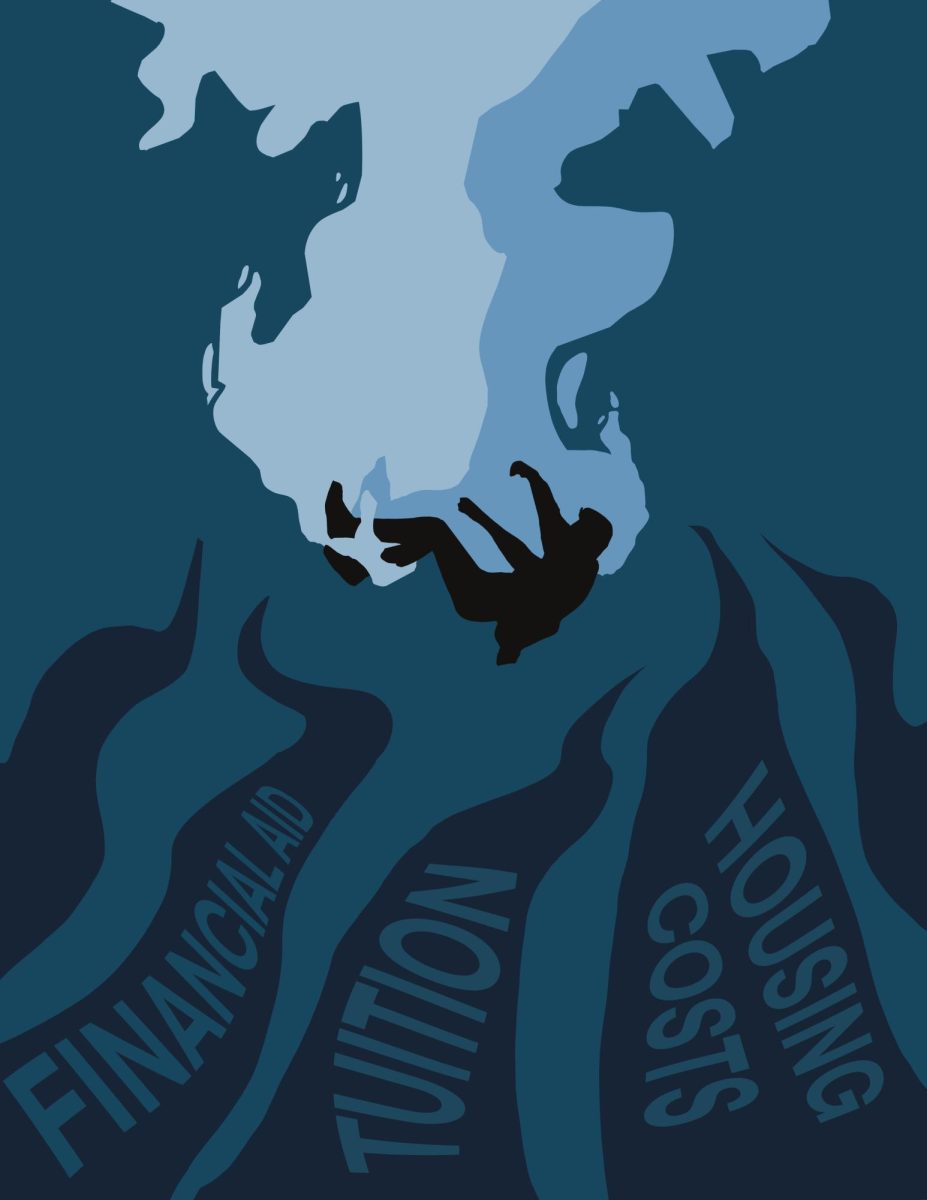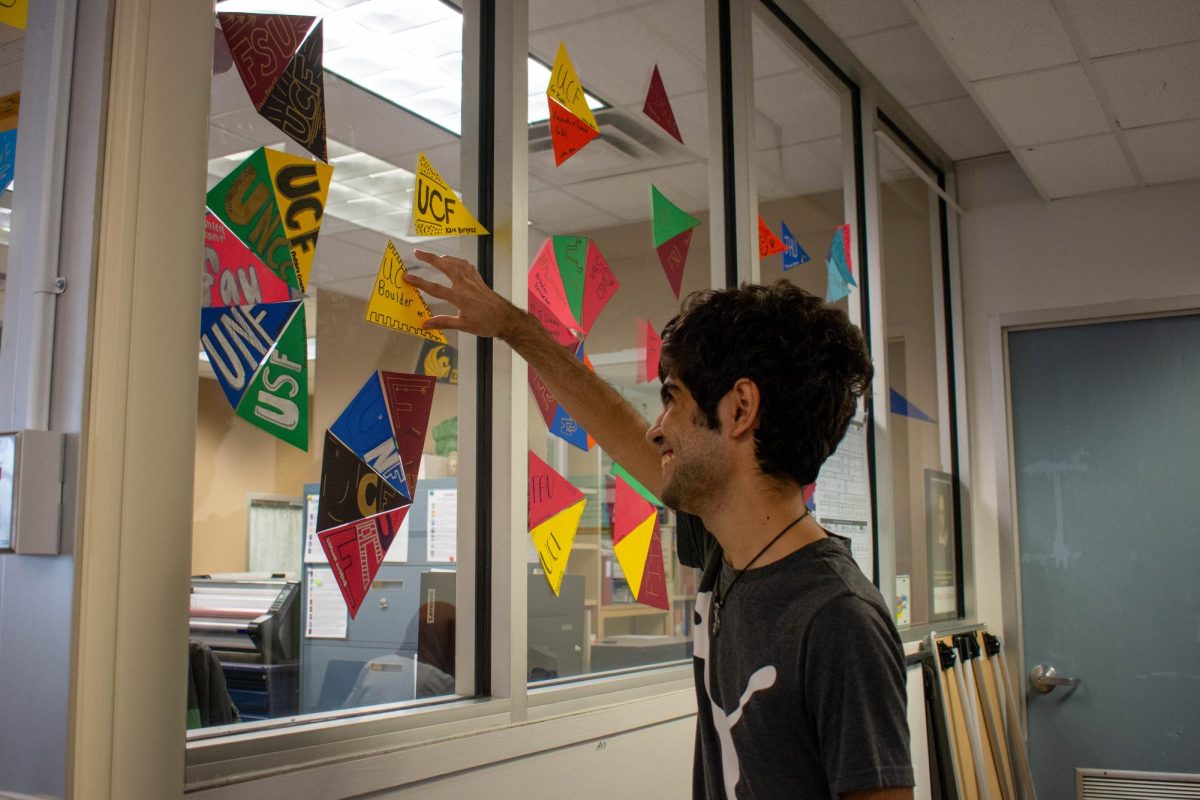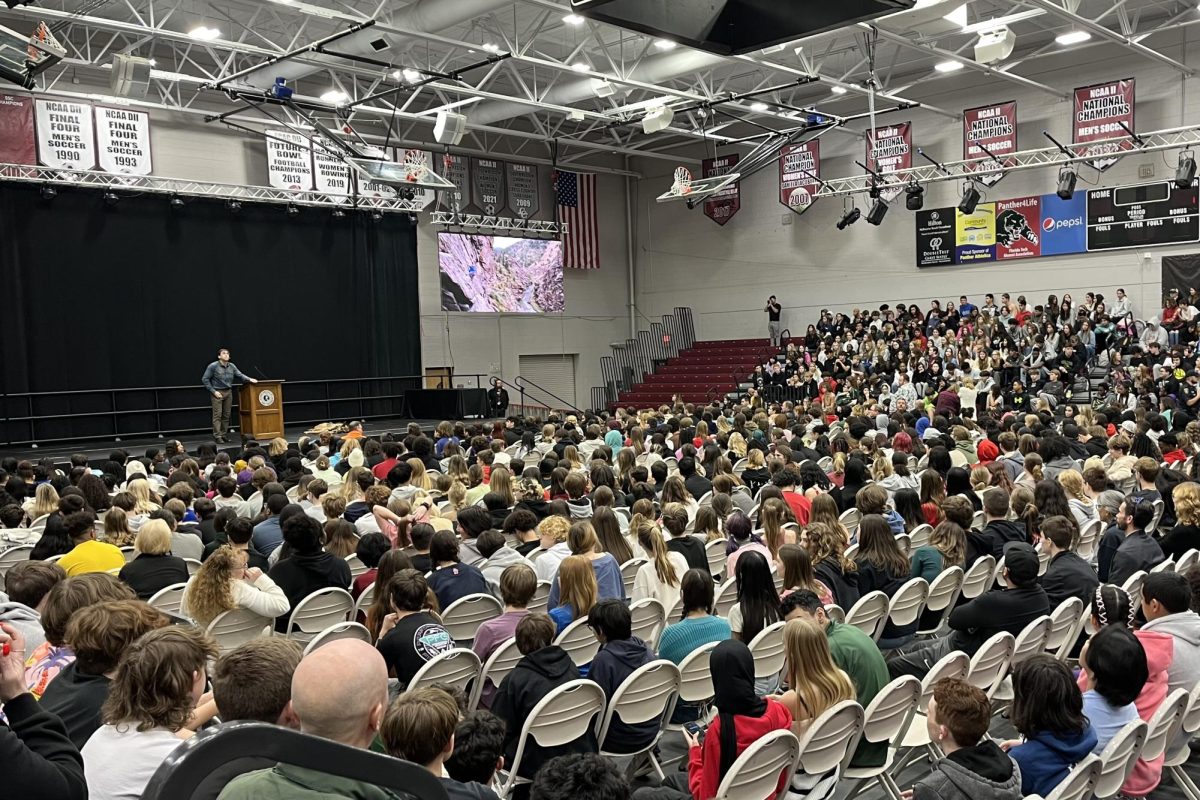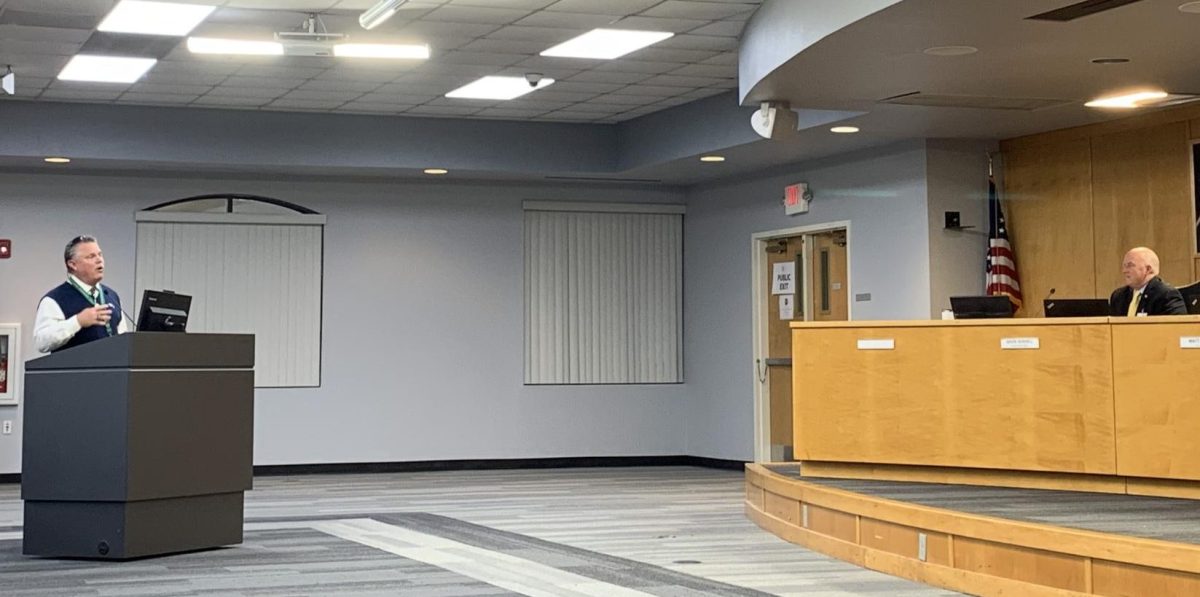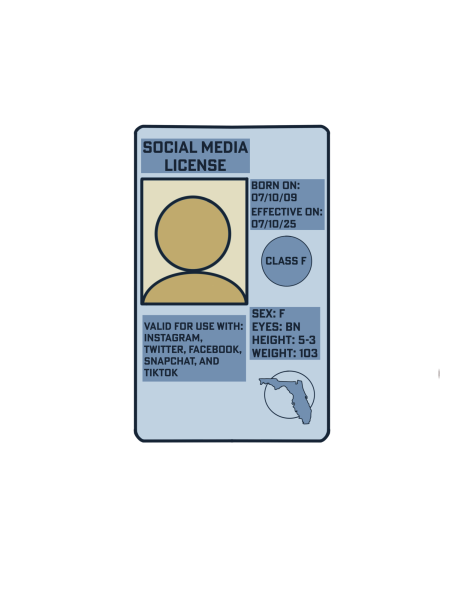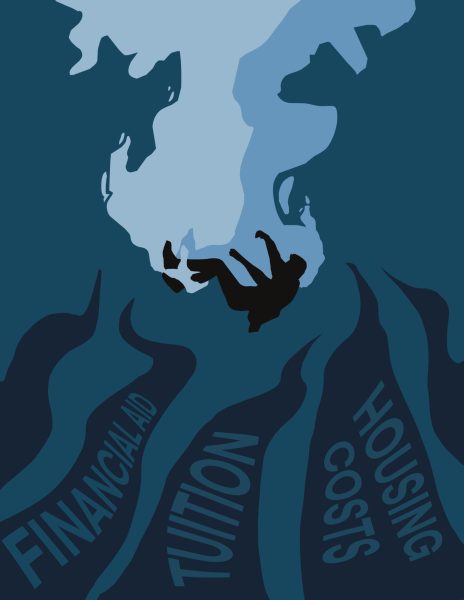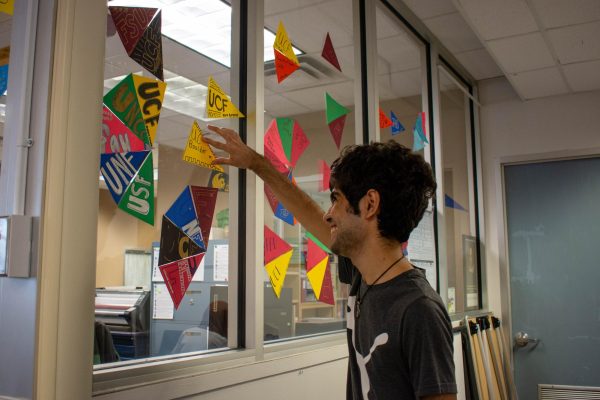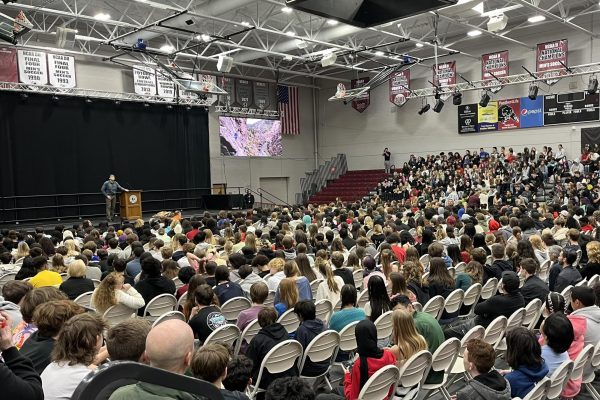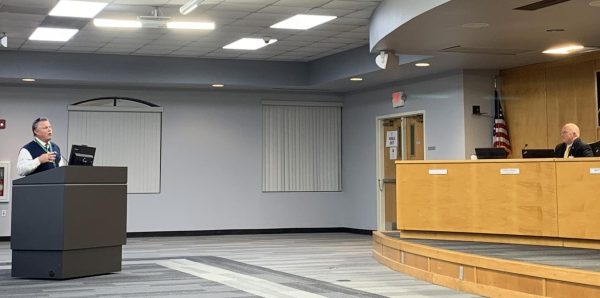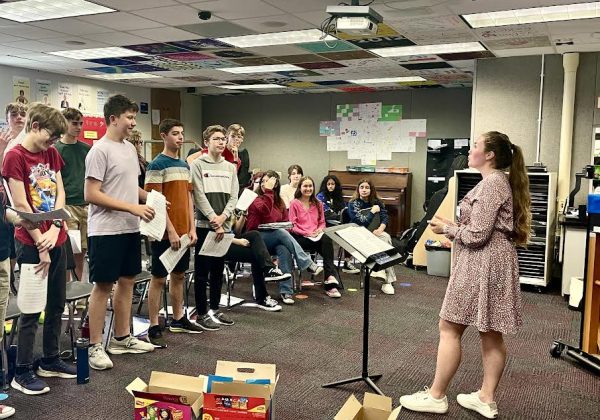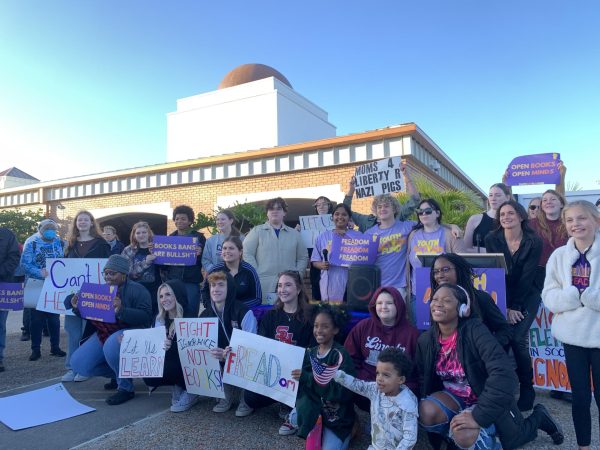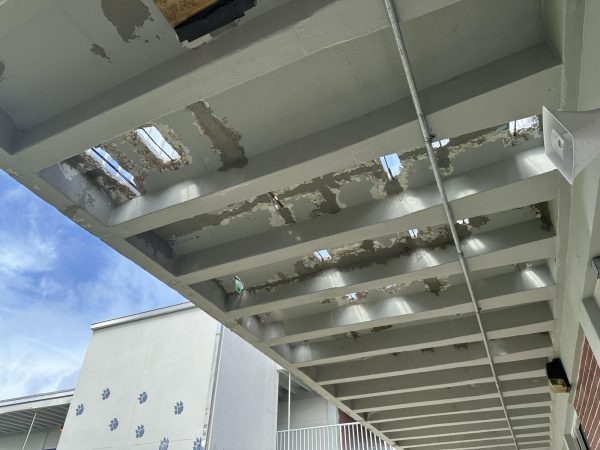Students voice concerns about net neutrality repeal
December 6, 2017
A national outcry has resulted in the days leading up to the Federal Communications Commission’s pending vote to repeal net neutrality. The vote is scheduled to take place on Dec. 14 at which time the FCC will attempt to repeal Obama-era rules that prevent internet service providers from prioritizing traffic on certain sites or apps. As the decision has gained more traction on mainstream media, many internet users have used means such as memes and tweets urging citizens to contact their U.S. representatives in order to create a greater opposition. However, amid FCC Chairman Ajit Pai’s claims that the backlash will not affect the vote, the public fears for the worst.
Service providers argue that because they bear the infrastructure costs that enable consumers to connect to the internet, they should be permitted to set price points for various levels of data consumption much the way cable companies traditionally have charged more for access to premium programming.
And that idea concerns sophomore Rudi Larkin.
“If net neutrality were repealed, I would have to say it would affect me pretty drastically,” he said. “It could really draw back our education. For homework and assignments that need internet to be done, it could cause problems.”
Freshman Christian Lutz agrees with Larkin’s concerns over the repeal’s impact on education.
“I think it is a known fact that school are given the short end of the stick when it comes to funding,” Lutz said. “Putting something like a repeal on net neutrality on the back of a school system that is already struggling would be disastrous. It definitely would be stifling to the students’ education and the access to information that the school provides.”
According to “Education Week,” two aspects of the pending net neutrality repeal most concern K-12 advocates. First, “without FCC protections, school districts that rely on free, reliable access to online content will see their ability to tap into those resources slowed down, while other content from deep-pocketed sources gets pushed to fast lanes; and second, startup education companies bringing new ideas to schools will lose out to better-resourced rival providers of content, diminishing hopes for innovation.”
Heeding the advice of many tweets and Instagram posts, Larkin has gone far as to take action on the matter.
“I called my local congressmen, I emailed them, and pleaded to them to not let net neutrality be repealed,” Larkin said.
Although the repeal will affect Americans nationwide, Lutz fears the issue has not gained enough awareness in time to make a difference in the vote to come.
“I don’t think enough attention has been called on it and don’t really know why, especially in the society we live in today; it is so internet based and reliant on it,” Lutz said. “I feel like the right thing to do is to trust the people voting, but I can’t find myself doing that.”
By Rosellen Rodriguez

![The Melbourne Fire Department recognized coach and custodian Derrick Hamilton on April 16 with the Lifesaving Citizen Award during lunch. I would just react for anyone, Hamilton said. My love for children -- thats what it comes down to. [I am] where I am supposed to be.](https://westshoreroar.com/wp-content/uploads/2024/04/DSC_0639-1-e1713376507113-1200x805.jpg)
